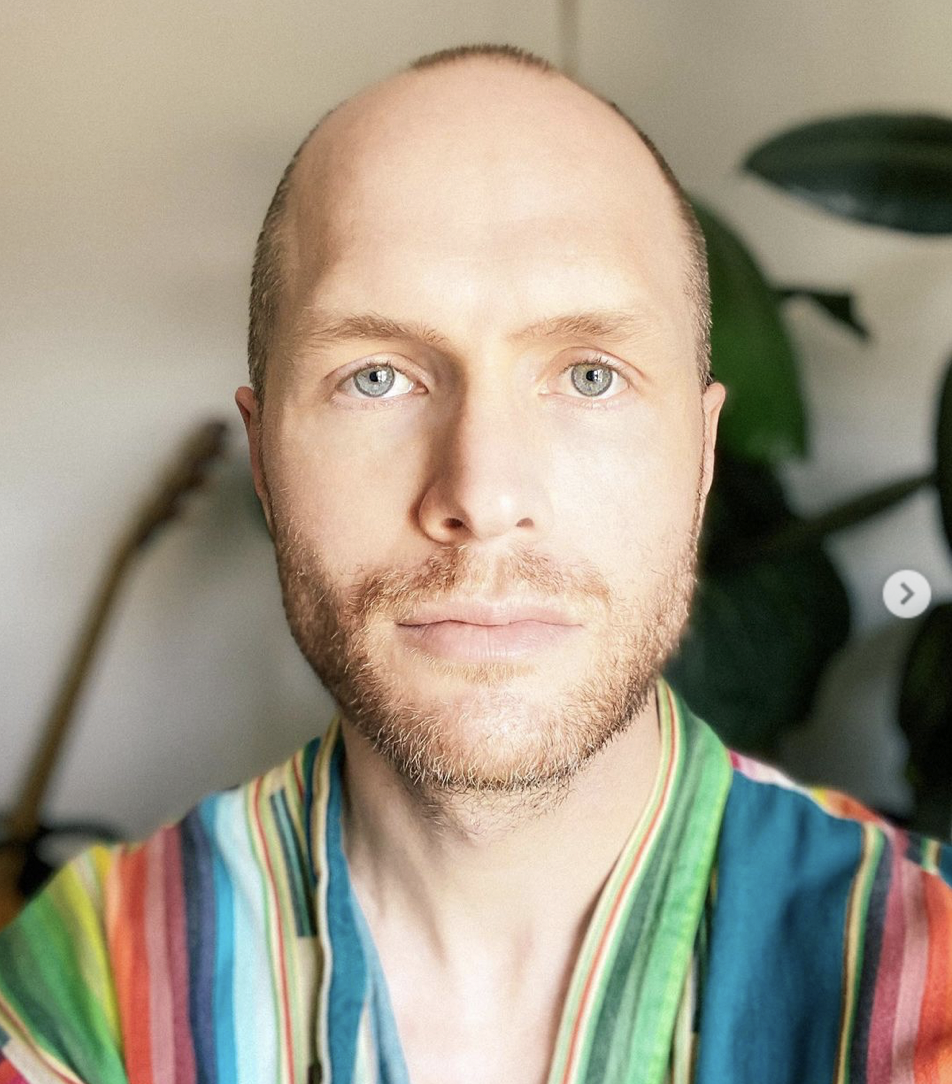“Waiting for a good idea” is never a good idea. It’s hard work that makes things happen. Great ideas don’t just show up – they are uncovered in the process of doing the work itself.
Instead of dramatizing the struggle in your mind, sit down and create. Writer’s block isn’t any inability to write. It’s a situation where you don’t think your writing is any good, or at least not good enough to show others. It’s a perspective held by the writers themselves.
Consider the possibility that you’re not a very good judge of what’s good or bad about your own work.
The only way around writer’s block is through it. You have to get the ‘bad writing’ out first before you can get to the good stuff. Stop thinking and worrying and imagining how bad you are and just do the work.
I’ll never forget going over to a friend’s house to collaborate on a project. I didn’t know he had cats and started sneezing soon after arriving, as I am quite allergic.
“Do you want to hold her?” he asked.
I looked at him in confusion. “What?”
“Sometimes the quickest way around an issue is directly through it,” he replied.
I’m not sure that’s how allergies work but I do see the wisdom in his reply.
The smallest attentive audience is enough to put you as a creator on the hook for making something that matters. That smallest viable audience is easier to attain than ever before.
We have the tools to reach people—the internet makes them more available than they’ve ever been before. So long as we keep showing up and keep publishing our work, it’s a matter of time before our tribe shows up.
Your audience doesn’t have to be the entire world. If a small HVAC business has 200 clients, that can be more than enough to sustain it if it’s the right clients.
It doesn’t matter if 99% of the world ignores your work. What matters is that you care for and create with that 1% in mind. That’s what makes a satisfying and prosperous career. Keep at it and your influence will grow over time.
Make the supposition that your work actually matters. Work with the thought that your creation is actually affecting someone positively. That’s the best intention you can have.
Lighten the cognitive load - decide who you are and what you do. Don’t waver. Own it. Love who you are and love your work, no matter if it makes you crazy once in a while. Just decide to show up every day and do it. Choose to find the smallest viable audience, and create exclusively for them. Make magic in the small, then repeat the process.









